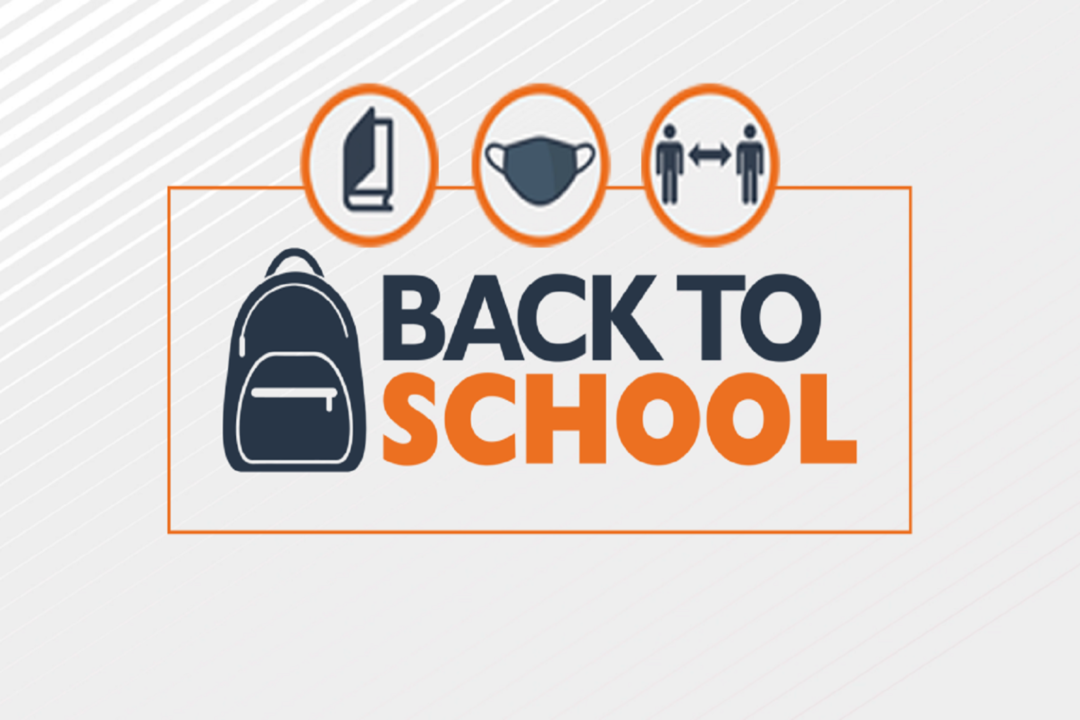It’s back to school time. Although it looks much different this time. Regardless if you are online, hybrid, or full-time in the building, I always get a question from aspiring young physicians about what makes a competitive candidate for medical school, courses to take, mentors, shadowing, extra-curricular activities, etc.
I have had the pleasure of mentoring students at all ages and everybody worries about their grades and what courses to take. Yes. Grades, MCAT scores and GPA are very important but trust me they are only one aspect that the medical admission committee focuses on. It’s really important to become a well-rounded individual. What that means is if you are interested in sports, music, art, history, language, or travel, please pursue what you enjoy and develop yourself.
When I was in high school, I enjoyed and excelled in sports. I studied hard and I happened to enjoy maths and sciences. These are the core courses that you will need in college because it will help you to study for the MCAT. But that doesn’t mean you have to major in any of the sciences to be accepted in medical school or even to be a great doctor. Remember the admission committee is looking for a well-rounded individual. I have had many colleagues who majored in history, philosophy, and English and decided to pursue the medical pathway.
For my high schoolers, enjoy being a teenager. Do whatever activities you enjoy doing and find out if the medicine is the path you really want to pursue. Shadow physicians, do your research and ask a million questions. This is the time to figure out if this field excites you.
For my college students, if you have decided that medical school is for you, find out what are the academic requirements and take a prep course for the MCAT. Continue with your extra-curricular activities, do community service, volunteer in the hospitals and clinics, keep shadowing, find a mentor in this field to ask questions and advice, and develop yourself as a well-rounded candidate.
One more tip that helped me out throughout my journey. Figure out what kind of learner you are. What does that mean? Some students retain information by reading textbook after textbook, some students learn better in a lecture format when somebody is talking and explaining things to them. There are three types of learners: auditory, visual, and kinesthetic. If you figure out how you learn and retain information, this will help you so much when you get into medical school. I will expand on this in the next post.
As always study hard and don’t give up!
Sincerely,
Your MedMentor

